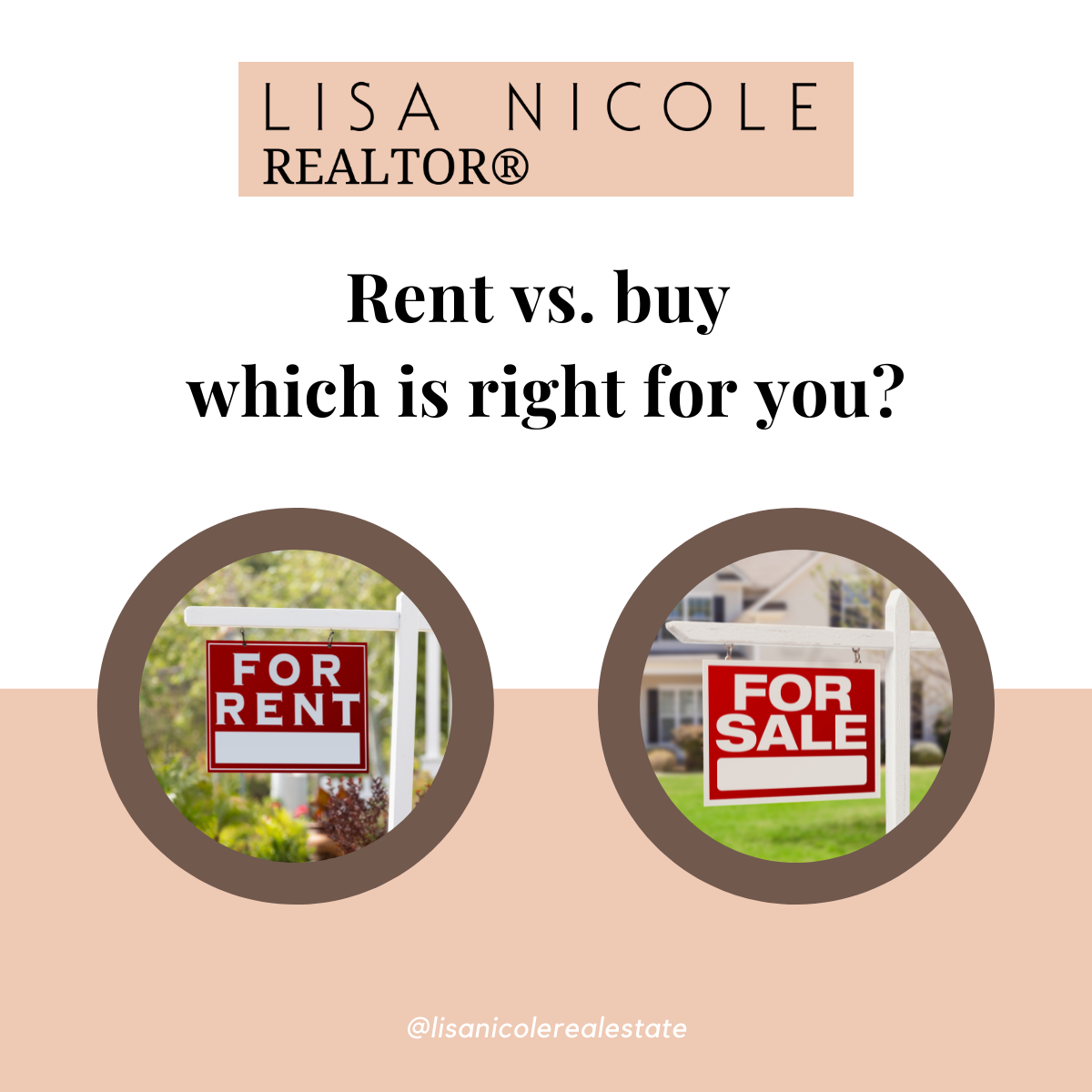
Rent vs. buy (which is right for you?)
Renting vs. buying a home is a big decision, and there are pros and cons to each option. Here in the Kootenay’s we have almost a 0% vacancy rate and rental rates are high!
Pros of Renting:
- Fewer upfront costs and paperwork
• Freedom to be more mobile
• Not responsible for maintenance, repairs
• No need to worry about falling home values
• Build credit (if your landlord reports rent payments to the credit bureaus)
• No property tax bills
Pros of buying:
- May build equity and credit
• No landlord to answer to
• More stability (especially with schools)
• Possible tax benefits
• Can improve or upgrade home to your taste
Cons of renting:
- Landlord can raise rent or sell the property
• Choices may be limited depending on vacancies
• Might have to move multiple times
• Don’t build equity
• No tax benefits
Cons of buying:
- Requires substantial money, paperwork upfront
• Could lose money if home values decline
• Extra expenses beyond mortgage payments
• Rising home prices and low inventory in many markets
• Responsible for repairs, remodeling
Is buying cheaper than renting?
There are different costs associated with renting vs. buying, and they depend heavily on where you live and the local housing market. Using a rent vs. buy calculator can help you break down some of these expenses.
Most rental properties require a security deposit, for example, which protects the landlord against damage caused by the renter. You’ll usually put down the first and final month’s rent payments when you sign a lease. When evaluating a lease contract, ask if your monthly rent includes utilities such as water, electric, gas, cable, or internet.
For homebuyers, one of the biggest costs of homeownership is your monthly mortgage payment, which includes the loan’s principal and interest. Your payments can go up or down over time if your loan is variable-rate or your property taxes or homeowner’s insurance premiums change.
Having a sizeable down payment — anywhere from 5 percent to 20 percent of the home’s purchase price — is expected. If you put less than 20 percent down, your lender will typically require you to purchase private mortgage insurance, which can drive up your monthly payments, too.
During the home-buying process, the buyer will need to pay for a home inspection and possibly any quotes for repairs needed from contractors. They will also put down at least 1 percent of the sales price for earnest money/deposit.
As a homeowner, be prepared as well for some of the hidden expenses that come with homeownership that catch many first-time homebuyers off guard and may lead to buyer’s remorse.
If you’re purchasing a strata, you’ll also need to factor in monthly Strata fees, which can cover services like landscaping, exterior maintenance, and community amenities.


%20Ltd_Gold.png)
 Facebook
Facebook
 X
X
 Pinterest
Pinterest
 Copy Link
Copy Link


